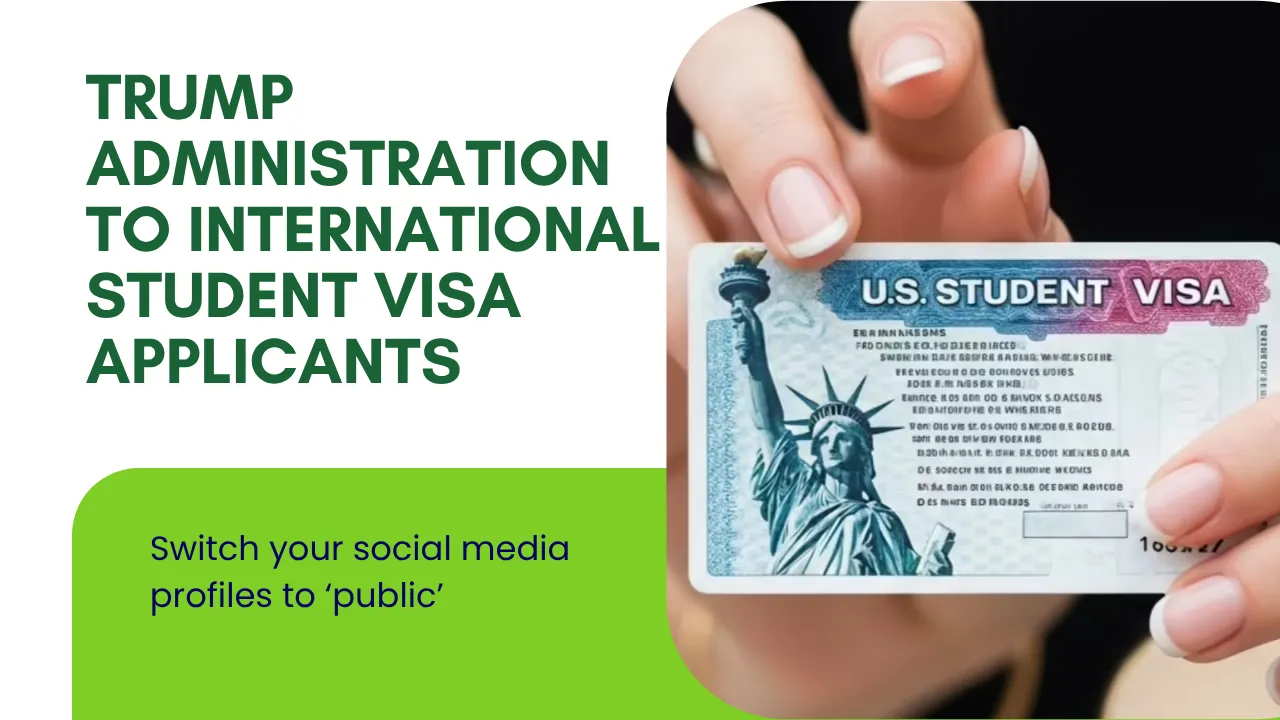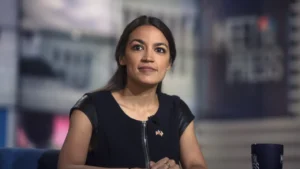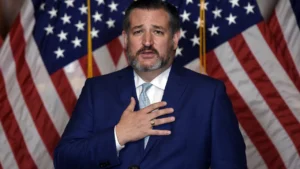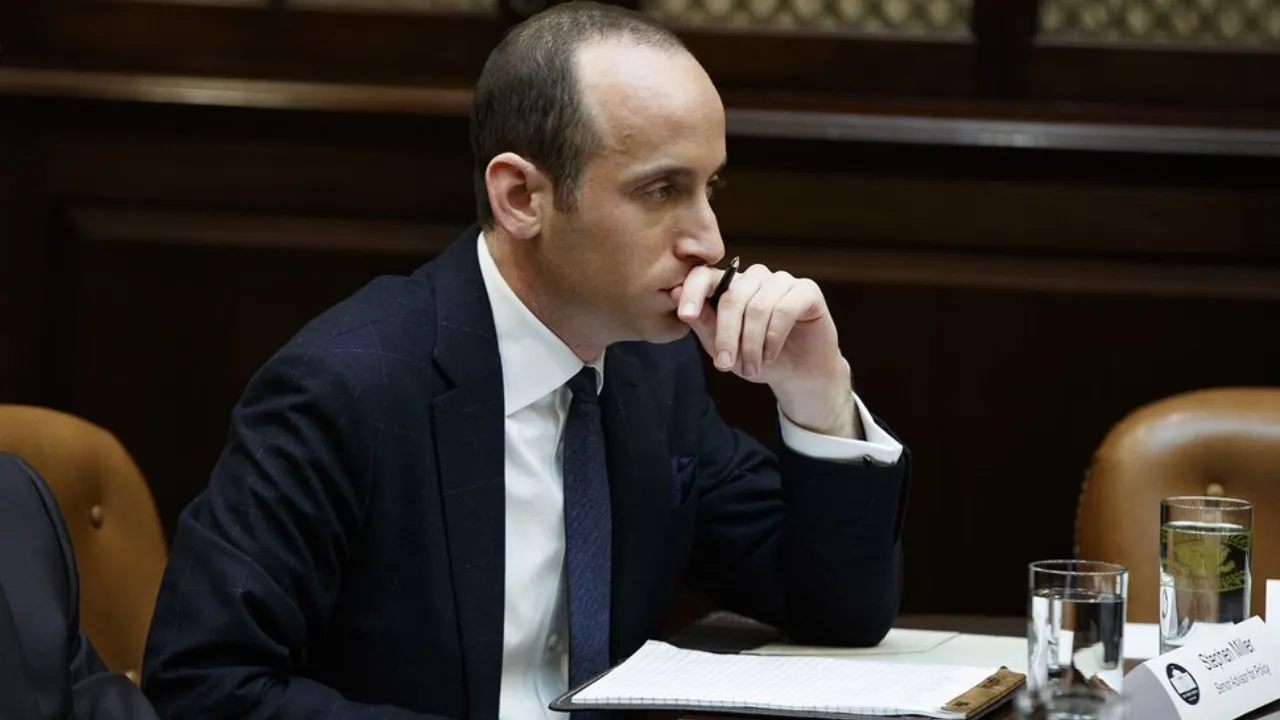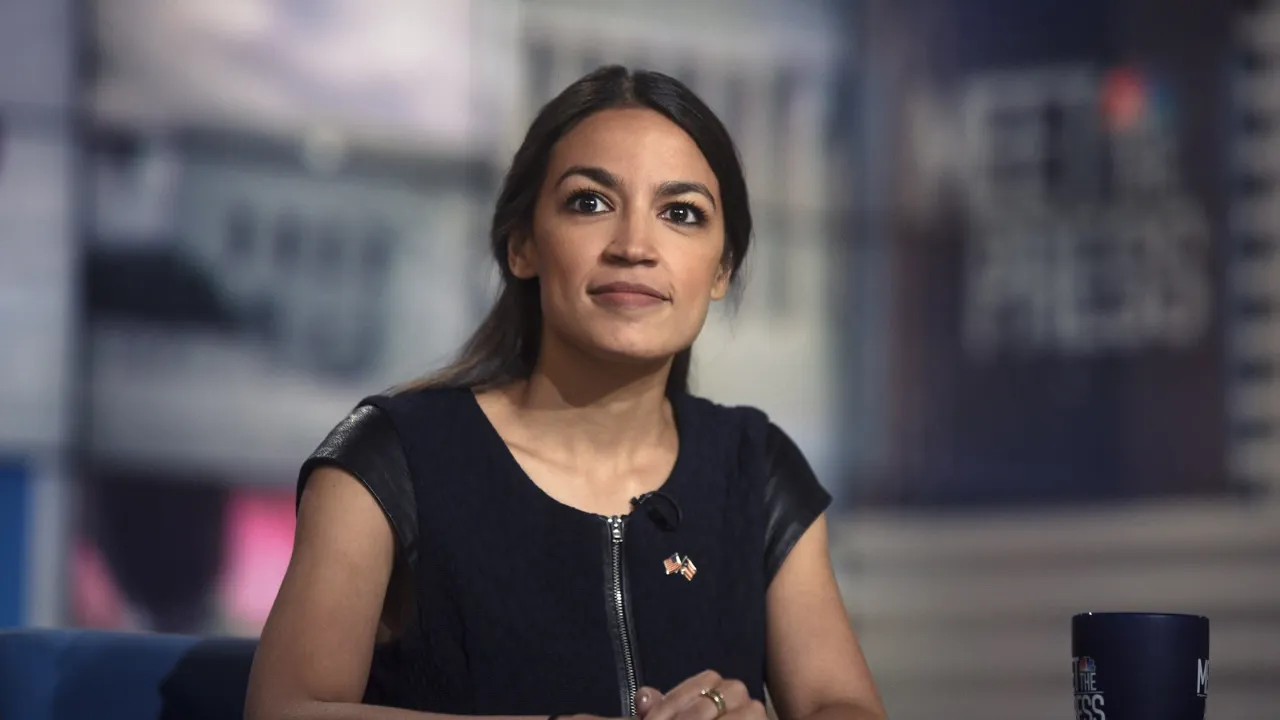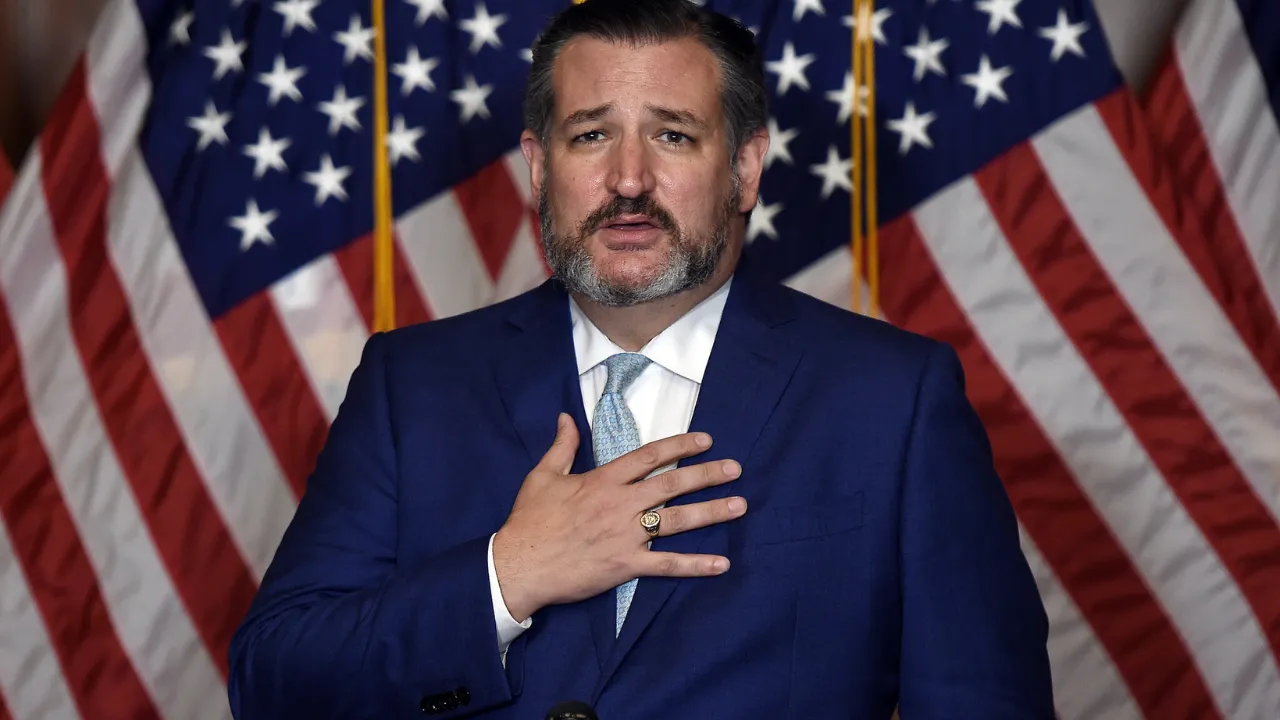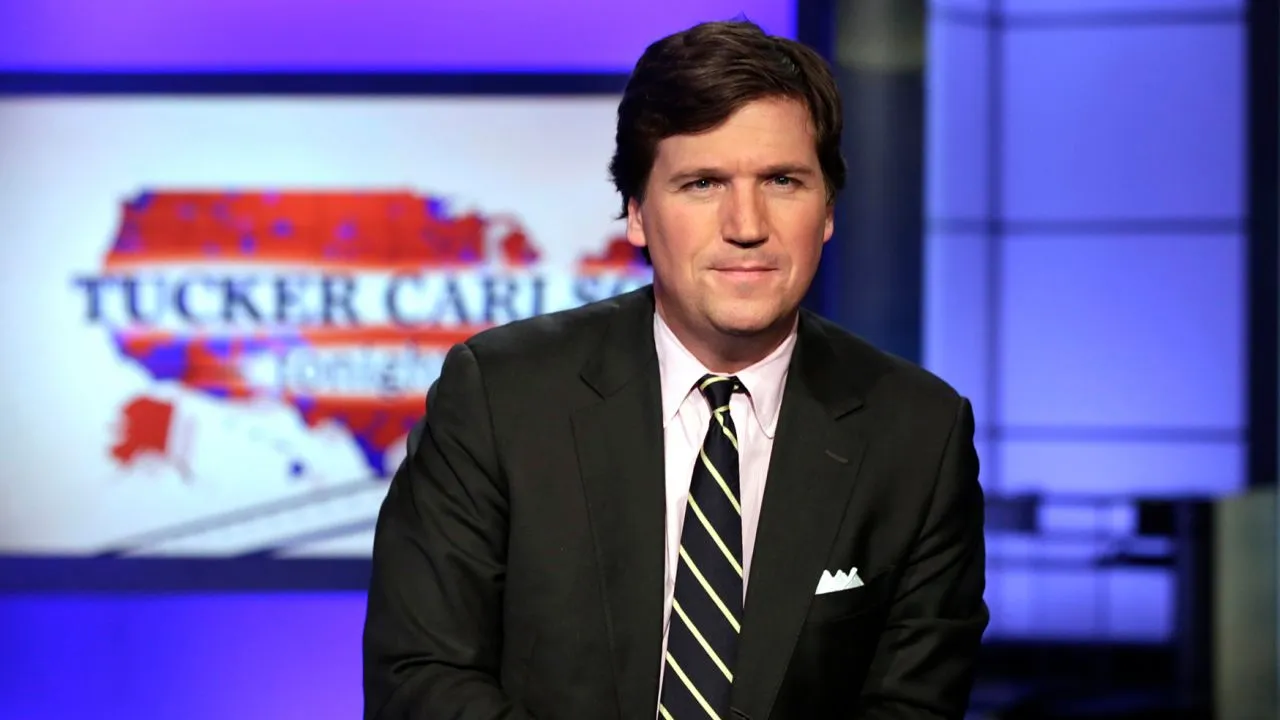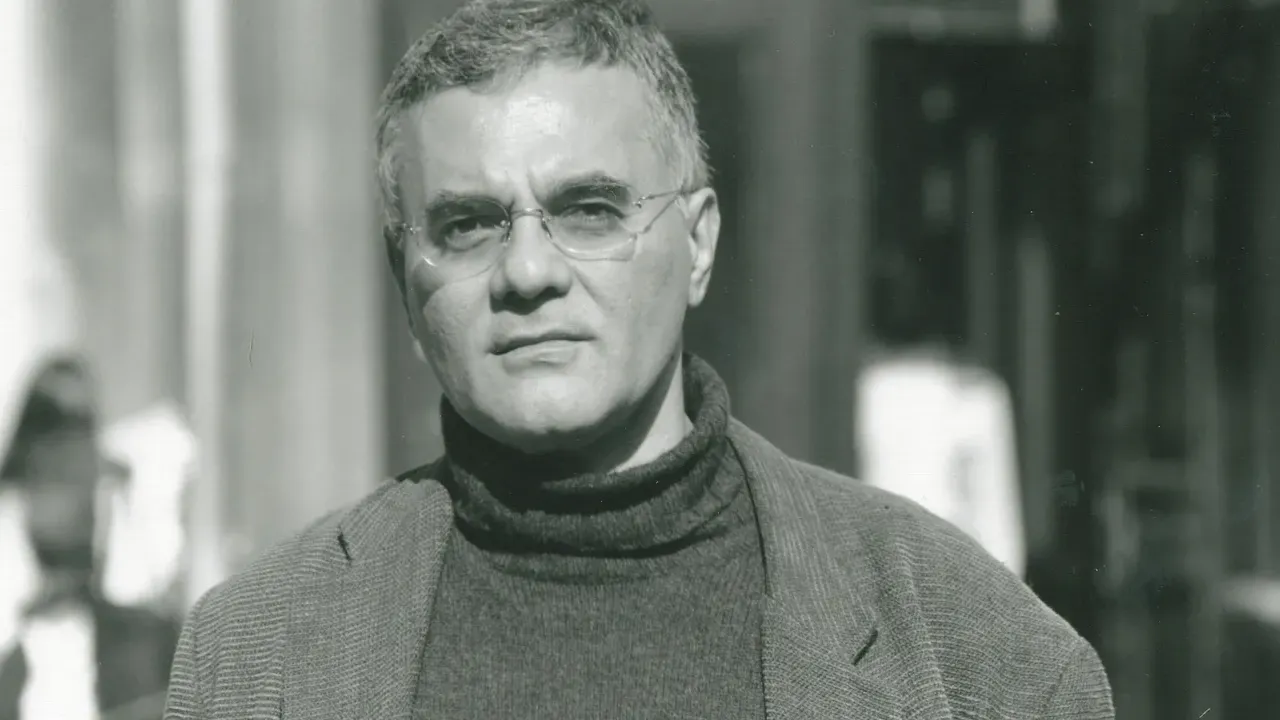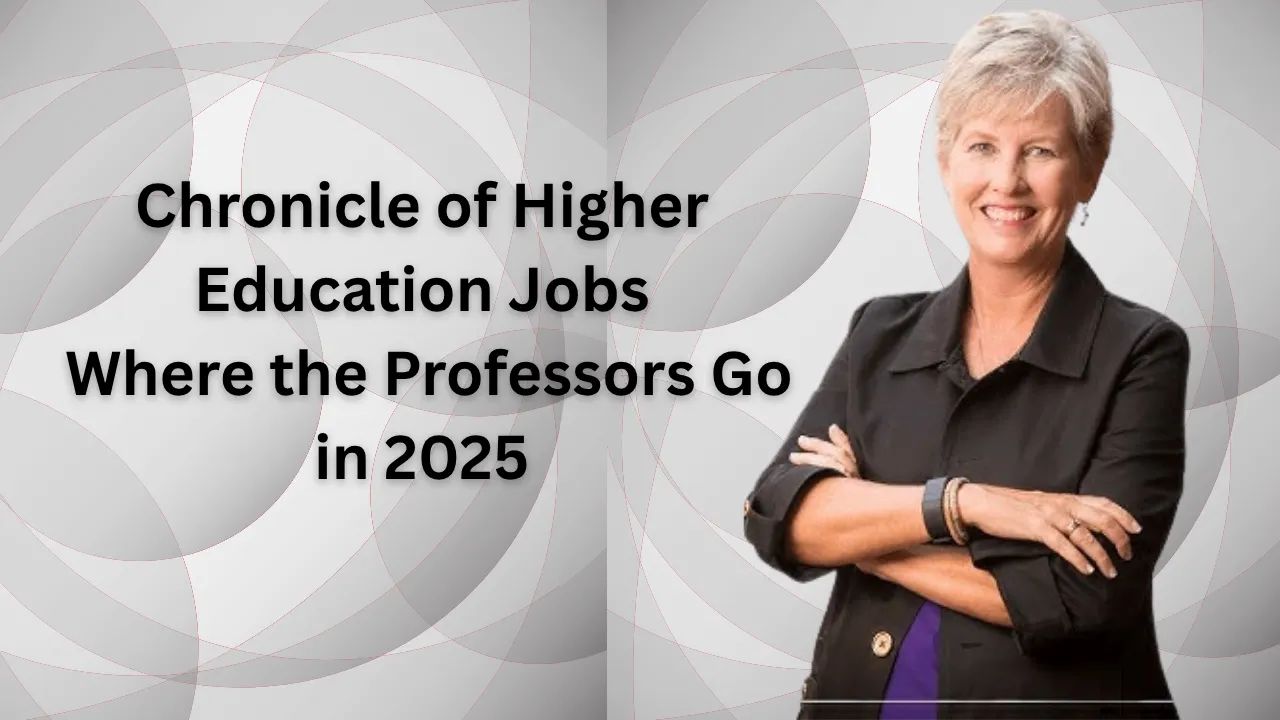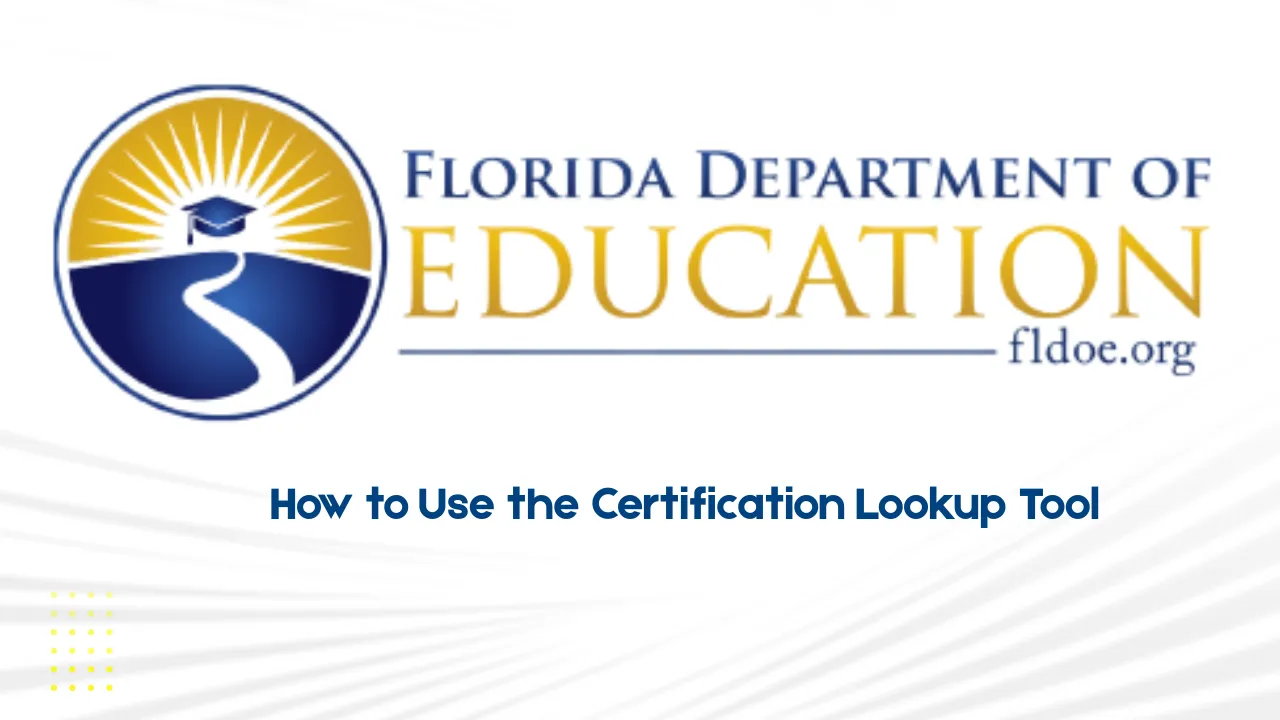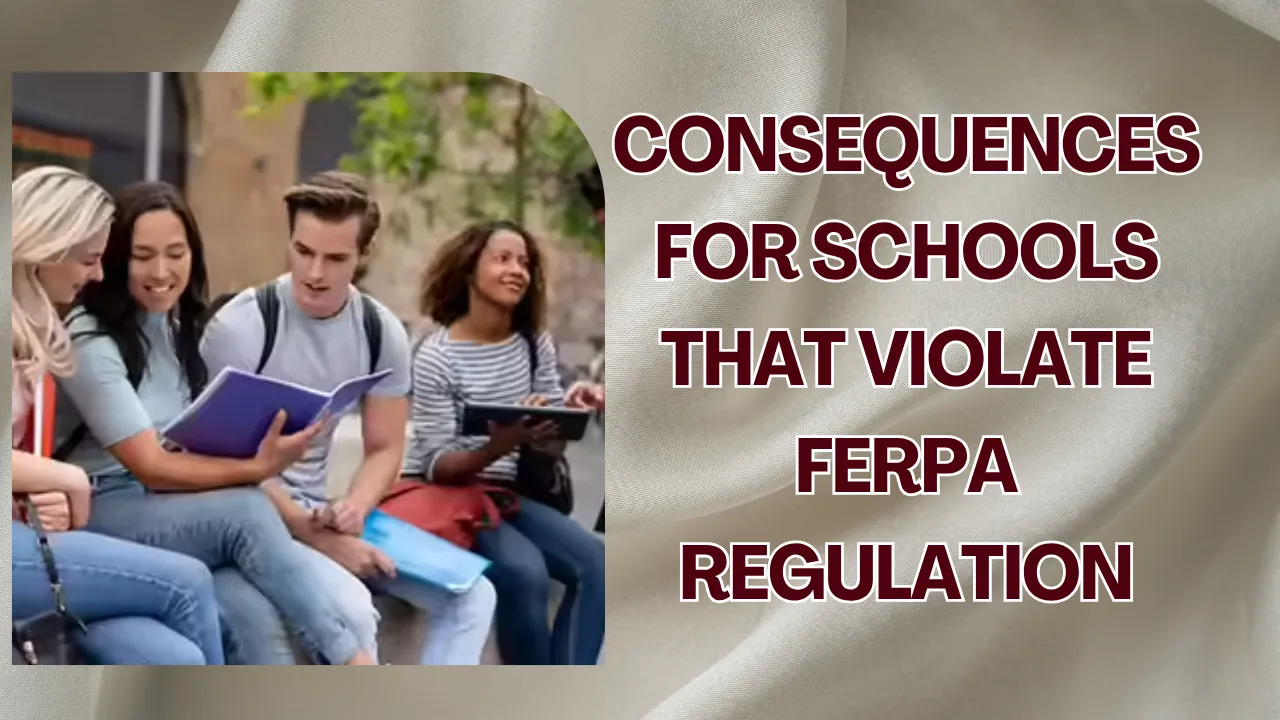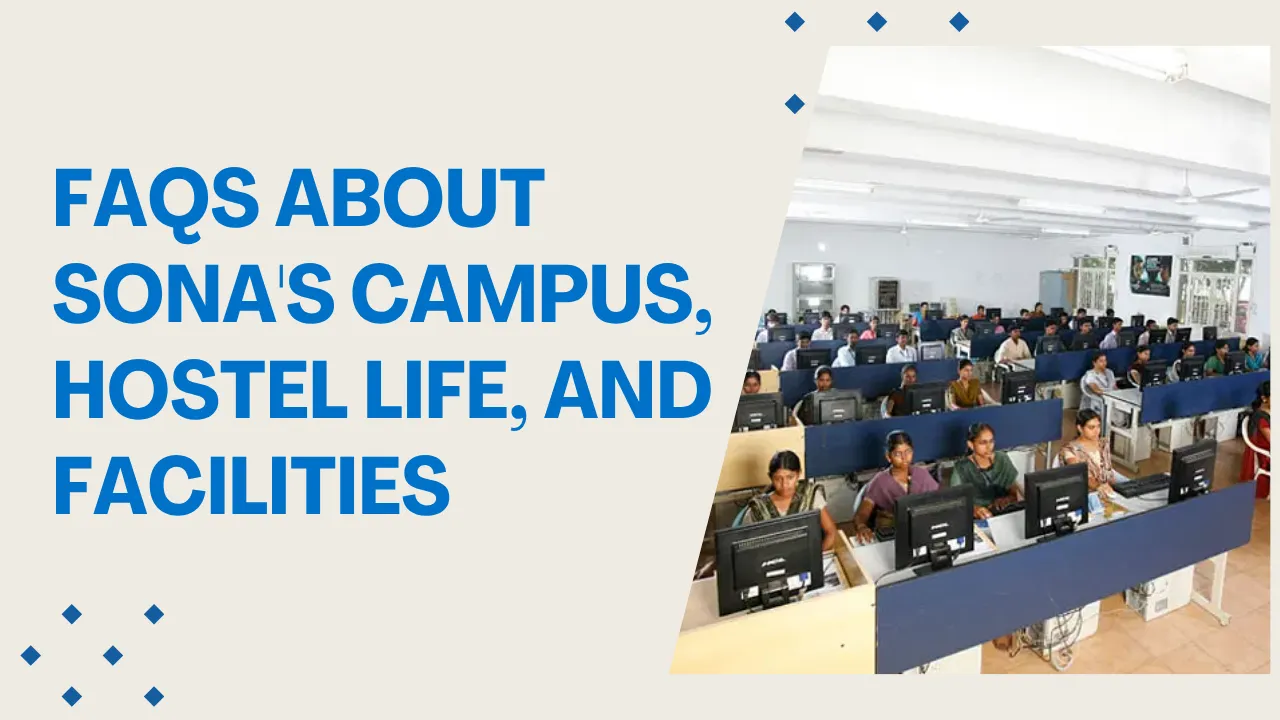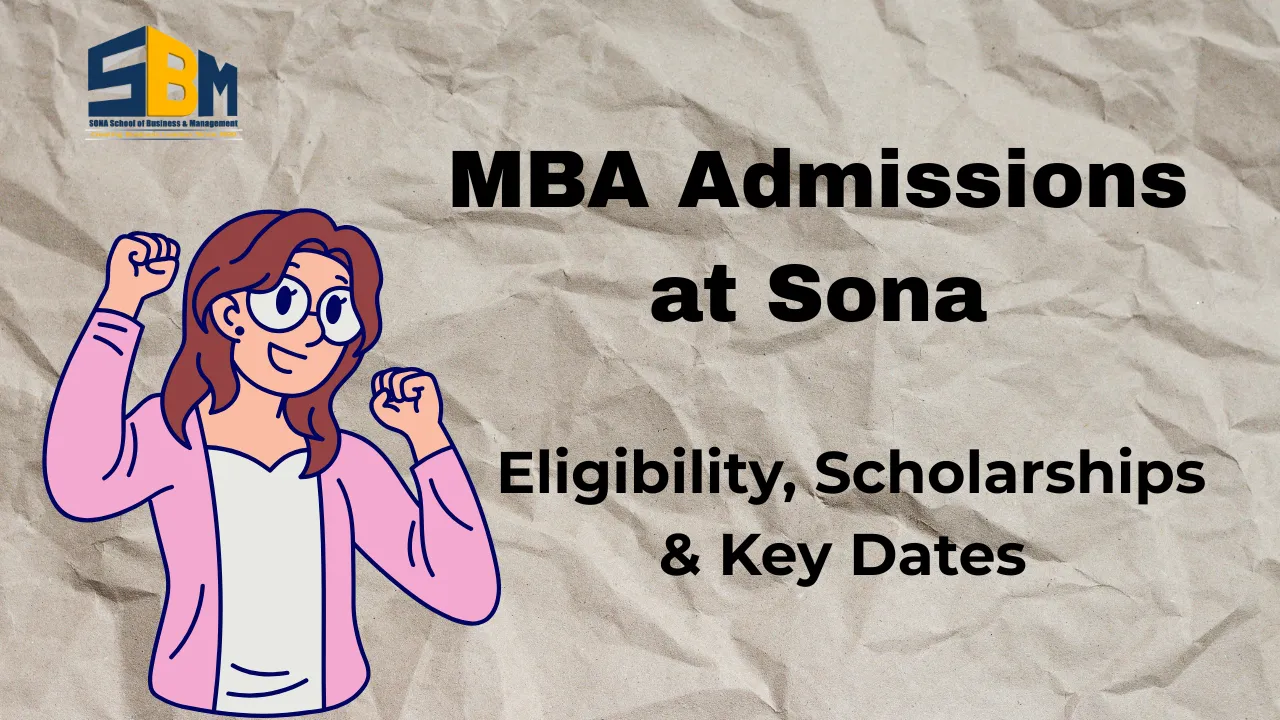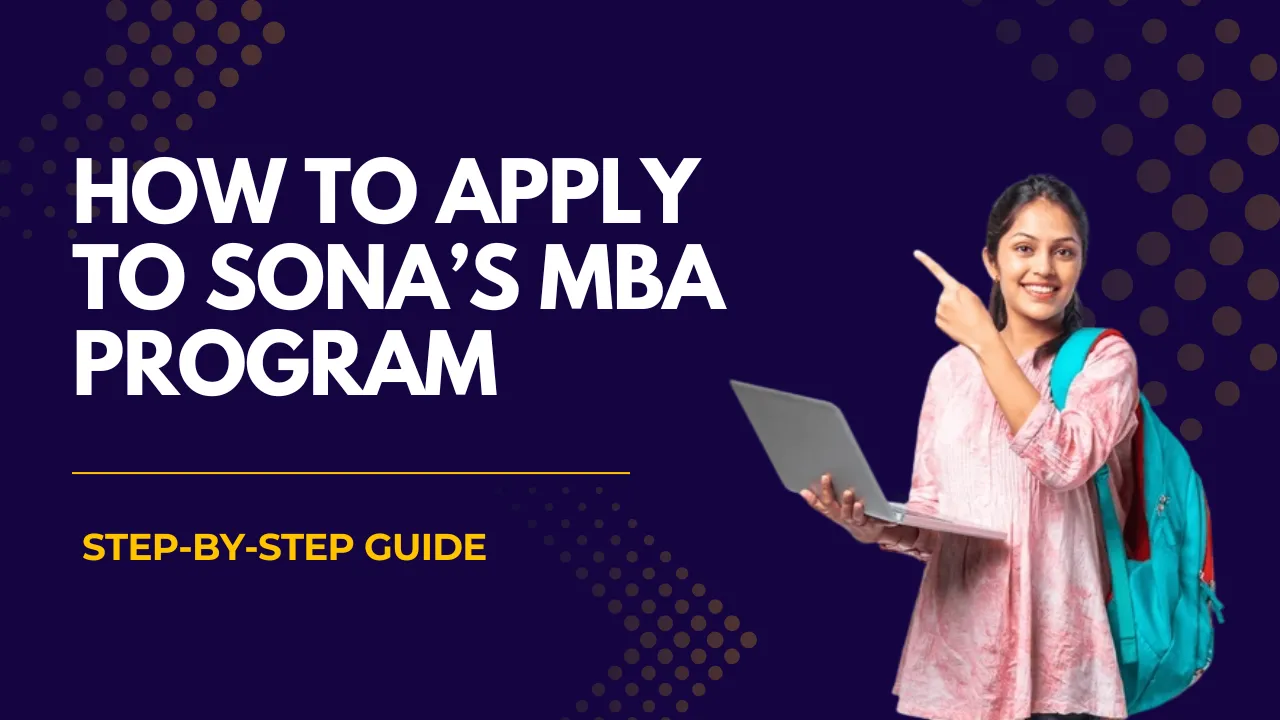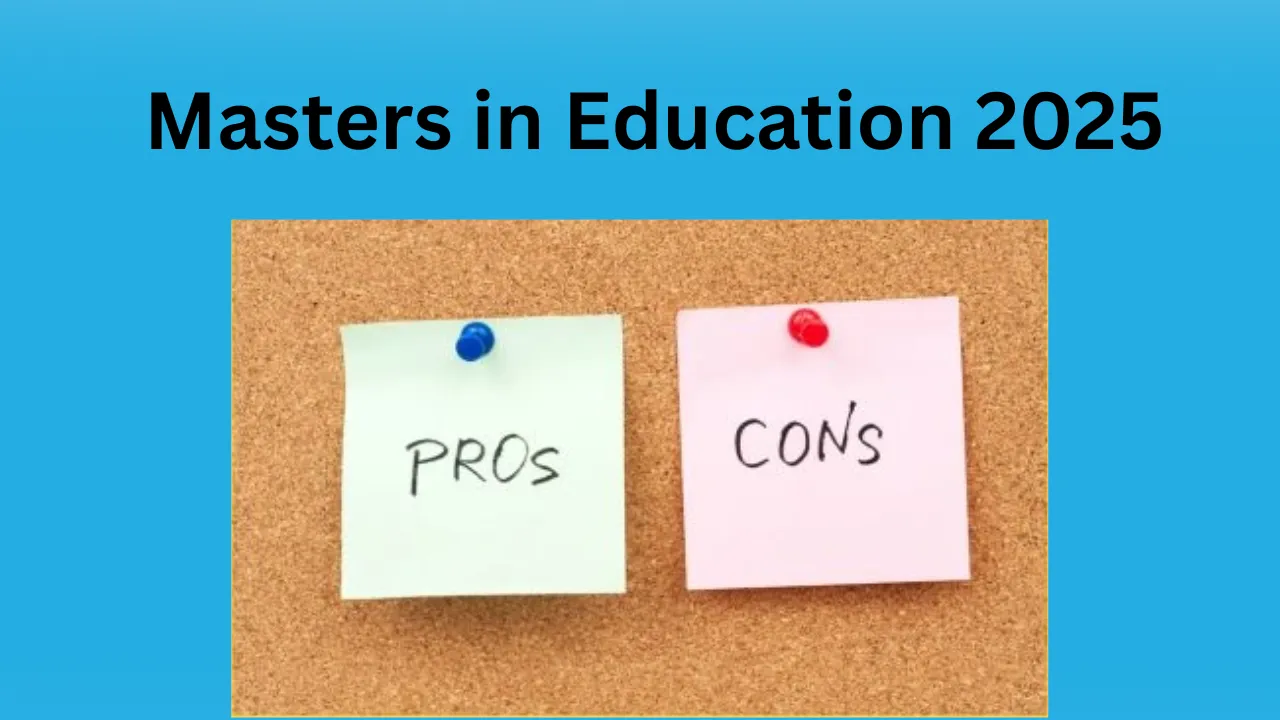Trump administration to international student visa applicants: The U.S. government has resumed visa interview scheduling for international students—but with a notable new condition. Applicants seeking student or exchange visitor visas must now make their social media accounts public before their interviews. This directive, introduced by the Trump administration, is part of an intensified vetting system meant to scrutinize online behavior as a means of bolstering national security.
The requirement is causing waves across global academic communities. It’s no longer just about submitting paperwork and attending interviews—your digital footprint now plays a critical role in your eligibility. This measure marks a turning point in how the U.S. approaches nonimmigrant visa approvals, and it is especially impactful for students gearing up for academic programs in the country.
Student Visa Social Media
The term student visa social media now stands at the center of this policy shift. Applicants for F, M, and J visas—typically used by students and exchange visitors—are being instructed to set their social media profiles to “public.” This allows U.S. consular officers to review online activity, such as posts, likes, comments, and affiliations, to determine if applicants hold views considered hostile to American values or interests.
Officials believe that public social media profiles will help them detect threats before a visa is issued. But critics argue this approach could infringe on free speech and discourage political expression, especially among students from countries with active political discourse. For many, the change raises concerns about how online opinions may be interpreted—or misinterpreted—during the vetting process.
Overview Table
| Key Factor | Details |
| Affected Visas | F (academic students), M (vocational students), J (exchange visitors) |
| New Requirement | Social media profiles must be set to public |
| Vetting Focus | Hostile content, political activity, extremist views |
| Process Restart Date | June 2025 |
| Agency Involved | U.S. State Department |
| Application Method | No change—standard application, plus online screening |
| Risk of Denial | High if online presence shows concerning activity |
| Priority Applicants | Medical students and schools with low international enrollment |
Why the U.S. added this requirement
The Trump administration temporarily paused visa interviews earlier this year to revamp the background check system. With global tensions rising and political activism on the rise—both domestically and internationally—government officials believed it was time to tighten screening.
They introduced the student visa social media mandate as a response to growing concerns about potential threats posed by foreign nationals. Authorities believe that individuals who may be considered risky often leave behind digital clues through their online behavior. By analyzing public posts, shared articles, or group memberships, officials say they can better assess if someone poses a security threat before they ever set foot on U.S. soil.
What applicants need to do
All international students preparing to apply for U.S. student visas must now review their digital profiles. Whether you’re on Instagram, X (formerly Twitter), Facebook, TikTok, or any other major platform, privacy settings must be adjusted to allow public viewing by consular officers.
In addition, students are advised to:
- Avoid deleting content immediately before interviews, as this may raise red flags.
- Review all posts, shares, and groups for politically sensitive or violent rhetoric.
- Understand that even passive engagement (such as liking controversial posts) may be interpreted negatively.
- Prepare to explain any questionable content if asked during the visa process.
Applicants who fail to make their profiles public risk having their visa applications delayed or denied altogether.
How the vetting process works
Visa officers will now use a combination of public social media content, automated search tools, and federal databases to assess each applicant’s background. The review isn’t just surface-level—it may span several years of activity and include both current and inactive accounts.
The instructions specifically mention reviewing content that may:
- Show alignment with extremist groups or ideologies
- Include hate speech or incitement of violence
- Reveal anti-American views or intentions
- Suggest the applicant may continue politically controversial activity within the U.S.
Applicants involved in past political activism—especially movements that have sparked protests—may face deeper scrutiny. Even peaceful protest support online could potentially delay visa approval if viewed as linked to instability or security risks.
Why critics are concerned
Human rights groups, academics, and civil liberties advocates have raised concerns about the student visa social media requirement. Critics argue that it could unfairly penalize students based on free speech, especially when political beliefs differ from American foreign policy.
There’s also concern that applicants from certain countries or religious backgrounds may be disproportionately affected. What’s considered a political statement in one nation might be viewed as inflammatory in another, leading to subjective decisions.
Privacy advocates say the policy sends a chilling message—if you want to study in the U.S., you must surrender your right to privacy online.
Who will be prioritized for interviews?
Despite the stricter checks, visa interviews are resuming with some prioritization. Students enrolled in medical programs or attending institutions with low international student ratios will be among the first to be processed. These priority applicants are considered essential to U.S. education and public service needs.
What this means for universities
Universities across the U.S. are now in the position of guiding international applicants through this new vetting landscape. Many institutions have begun offering digital hygiene workshops to help students audit their online presence.
Admissions offices are also watching how this affects application numbers. The student visa social media rule may deter students from applying to U.S. programs out of concern that their private lives—or public opinions—could be used against them.
Final thoughts
The Trump administration’s move to require public social media profiles from international student visa applicants has reshaped the landscape of academic migration to the U.S. This measure, while aimed at national security, creates new burdens for students, universities, and immigration attorneys.
Students around the world must now approach social media with the same care they apply to visa paperwork. For some, it’s an extra step. For others, it may represent a barrier that shifts their academic plans entirely.
Whether this policy proves effective or intrusive remains to be seen—but one thing is clear: in 2025, your online presence could be the key to your education in America.

